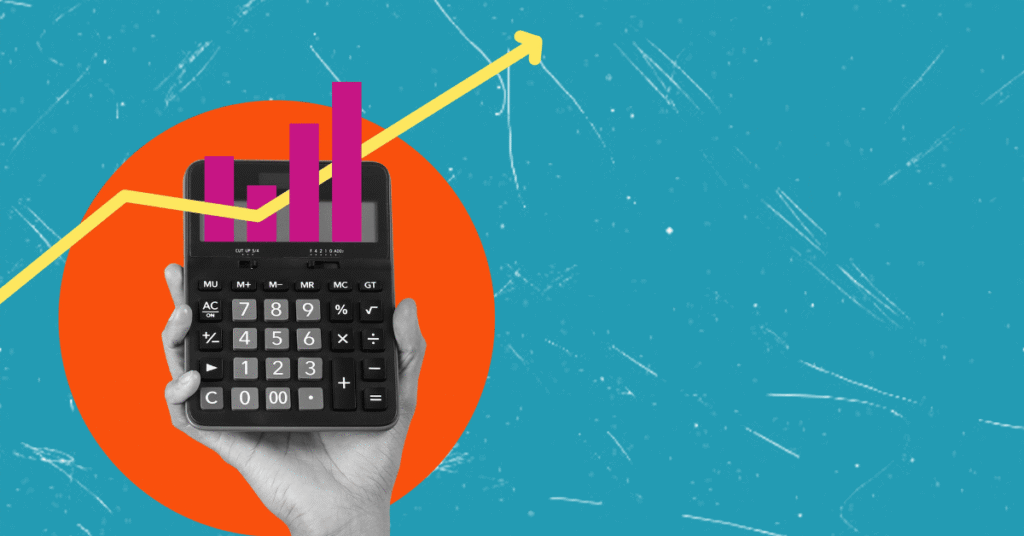By ALAN CHOATE
LAS VEGAS REVIEW-JOURNAL
Nevada’s lack of an income tax means state taxpayers are paying more than they should in federal income taxes, according to a study released Monday.
Seven states that rely on sales taxes instead of an income tax could cut sales taxes while implementing an income tax to generate equal amounts of money for state coffers. The move would help low- and middle-income taxpayers, the study said, by reducing their federal tax bill and the portion of income paid in sales taxes.
The idea of an income tax for Nevada has been talked about for a long time, but for practical purposes, “we put it to bed many years ago,” said state Sen. Bill Raggio, R-Reno.
“We are not able to impose a personal income tax unless the people of the state vote to change the constitution,” he said. “I’ve heard the arguments, and while there might be some merit to it, I don’t see it as feasible here.”
Generally, taxpayers can deduct portions of state property, sales and income taxes from their federal returns. The problem with states that rely on sales taxes instead of income taxes is that the people paying a lot of the sales taxes have lower incomes, said Matthew Gardner, executive director of the Institute on Taxation and Economic Policy, which co-authored the study.
A sales tax “raises the lion’s share of its revenue from people who don’t itemize,” Gardner said. “The lion’s share of income taxes are paid from the other end of that spectrum.”
Because those people tend to itemize, they would take advantage of the federal tax break, while lower-income taxpayers would benefit from reduced sales taxes.
Seven states rely on higher sales taxes instead of an income tax: Nevada, Florida, South Dakota, Texas, Tennessee, Washington and Wyoming.
With a 3 percent flat tax in place, residents of those states would save $1.7 billion a year in reduced federal taxes, the study argued. A graduated income tax with rates o f 4.5 percent to 6.5 percent would lead to a $5.5 billion reduction.
In Nevada, the savings would be $64 million for a flat state income tax and $281 million for a graduated state income tax .
While higher-end taxpayers would reduce their federal levy, they probably would have a higher tax bill in the end because of the state income tax. It’s the bottom 60 percent of the income pool that gets the benefit because of lower sales taxes, Gardner said.
This plan would increase “tax fairness … without depleting state coffers by a dime,” the study said.
“Or, alternatively, states could raise substantial amounts of new revenue without imposing a dime of additional taxes on most state residents.”
Maybe or maybe not, said Carole Vilardo of the Nevada Taxpayers Association. She noted that while income taxes were once thought of as more stable than sales taxes, the recession has shown that all taxes can take wild swings.
“There is no stable tax,” she said. “There are just taxes that are less volatile.”
And because an income tax would need voter approval, it’s hard to get traction in favor of one even if it was pitched as revenue-neutral, said Dan Burns, spokesman for Gov. Jim Gibbons.
“That would be extremely challenging,” he said. “If you open the door to a state income tax, who knows what the future holds? Two years, four years, eight years from now, maybe it’s not revenue neutral anymore.”
The Progressive Leadership Alliance of Nevada promoted the study’s release but isn’t planning to propose a state income tax, spokesman Launce Rake said. The group continues to work on changes to the state mining tax.
He said the analysis bolsters the argument that Nevada’s tax system disproportionately draws from lower-income households who tend to pay a higher proportion of their income in sales taxes than wealthier households.
A state income tax wouldn’t be an “extra tax,” Rake said. It would keep money currently going to the federal government in the state.
Since the beginning of the recession, Nevada lawmakers have struggled to fill an ever-widening budget hole as tax revenues slowed to a trickle.
The study’s other co-author was United for a Fair Economy, a Massachusetts-based group that lobbies for progressive state tax polices. ITEP, based in Washington, D.C., bills itself as a nonpartisan research organization.
Contact reporter Alan Choate at [email protected] or 702-229-6435.



